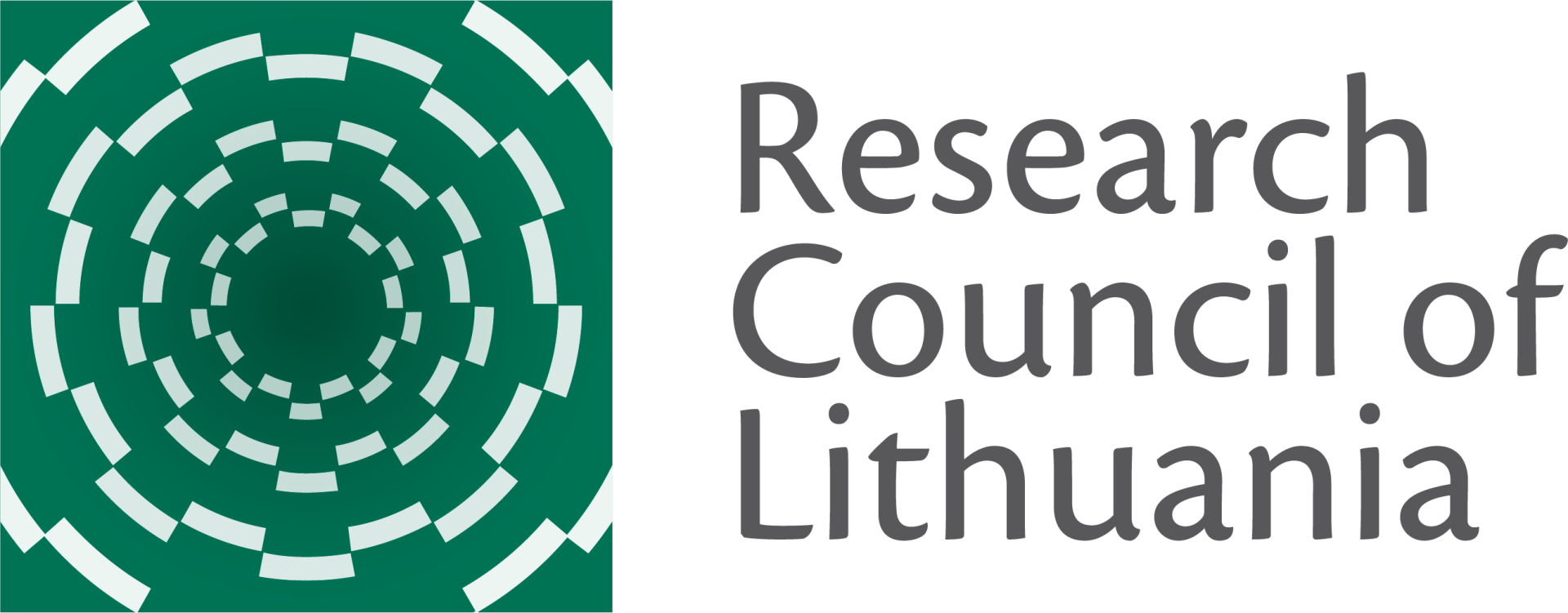Project idea
This project asks how the ‘language of war’ shapes interactions between domestic constituencies, international actors, and elite decision-making, which ultimately lead to the onset of large-scale interstate wars. Whilst the problem of war’s multiple causes has long been a central concern for intellectuals, scholars, and statesmen alike, Language(s) of War seeks to advance our understanding by exploring the role of language itself as shaping the onset of war. To do so, the project interrogates the relationship between the framing of contentious international issues and specific relationships within international society in terms of war and the actual recourse to war. It posits that such framings generate mechanisms which radicalise international diplomacy and evolve hardline policies and constituencies which increase the probability of war. The project presents an exploratory programme of comparative historical and political research, across two complementary case studies, to (i) understand how, and under what conditions, such contingent framings emerge, and (ii) examine how such framings may shape the dynamic interplay between domestic constituencies, international interactions, and elite decision making which leads to interstate war. Two preliminary historical cases have been identified, these being the periods leading up to the First World War (1914-18) and the Crimean War (1853-56). By proposing such an in-depth historical analysis, Language(s) of War will provide a better understanding of the mechanisms through which the language of war emerges as a contingent vocabulary for describing international issues and relationships, and how these shape the onset of war. This exploratory programme will enable the construction of an initial framework to guide a larger-scale research agenda to more fully elaborate on the processes and mechanisms through which language paves the road to war.








